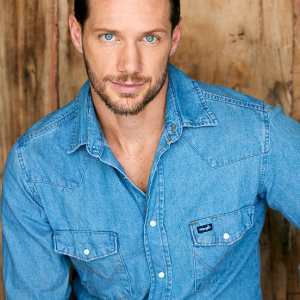ABC’s CEO, Kim Williams, made a startling admission recently, declaring that the creation of “The View” stands as one of humanity’s most significant errors. This bold statement has sent shockwaves through the entertainment industry and sparked intense debate among viewers and media pundits alike.
“The View,” a daytime talk show featuring a panel of women discussing current events and hot topics, has been a staple of ABC’s programming for decades. Launched in 1997, the show has provided a platform for lively debates, celebrity interviews, and political discussions. However, its polarizing nature and sometimes controversial commentary have also made it a lightning rod for criticism.
:max_bytes(150000):strip_icc():focal(748x126:750x128)/whoopie-goldberg-012924-53fdb9aee8a64bad8c8ebfb569ce00c6.jpg)
Williams’ remarks came during an industry conference where she reflected on ABC’s programming decisions over the years. While acknowledging the show’s longevity and cultural impact, Williams expressed regret over its overall contribution to society.
“In hindsight, ‘The View’ may not have been the wisest endeavor,” Williams remarked. “While it has certainly generated viewership and revenue for the network, it has also perpetuated divisiveness and sensationalism in the media landscape.”

Williams’ candid assessment has prompted soul-searching within ABC and reignited conversations about the role of daytime talk shows in shaping public discourse. Some industry insiders have applauded her honesty, while others have criticized her for denigrating a show that has been a source of empowerment for women and a platform for diverse voices.
“The View” has weathered its share of controversies over the years, including heated arguments among its hosts, guest appearances by controversial figures, and accusations of biased reporting. Despite these challenges, the show has remained a ratings juggernaut and a fixture of daytime television.
However, Williams’ comments suggest a growing recognition within ABC of the need to reassess the network’s priorities and values. As media consumption habits evolve and societal norms shift, networks like ABC face mounting pressure to strike a balance between entertainment, information, and social responsibility.



